National History Academy Online is offering a series of free one- to four-day workshops for high school and middle school students this summer. Each workshop will allow students to delve deeper into important historical issues with leading historians and historic site educators.
High School Workshops
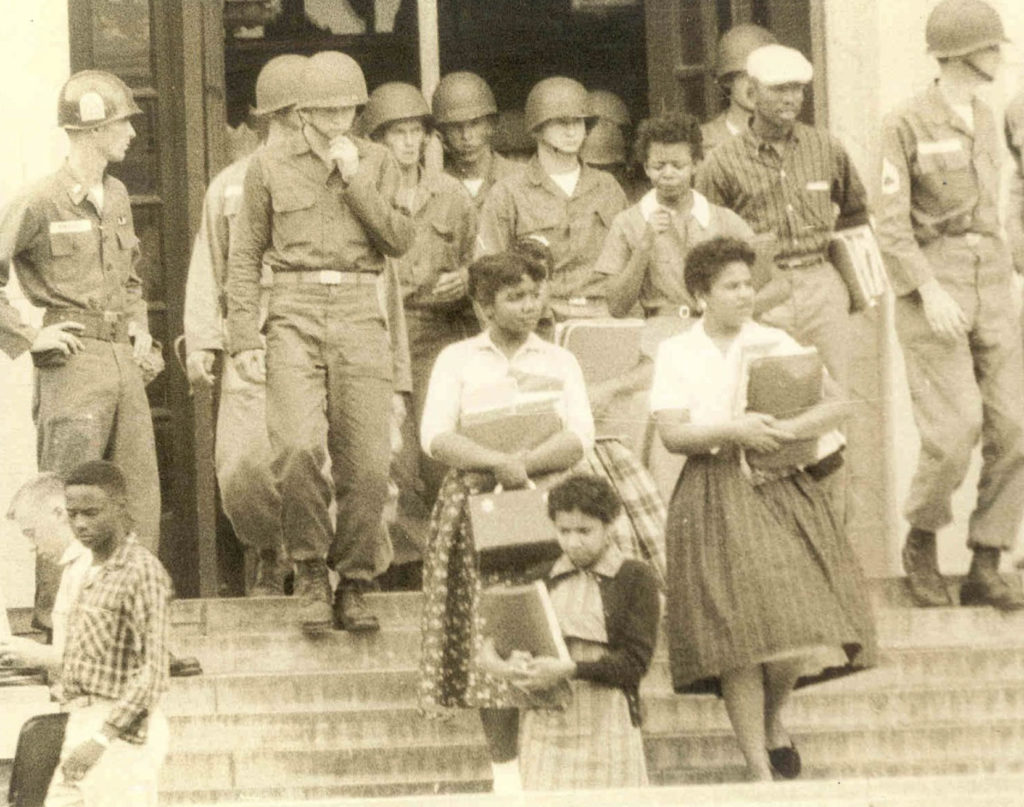
Little Rock Central High School Workshop Series: The Lost Year in Little Rock in 1957-1958
In September 1957, Little Rock Central High School became a symbol for change during the civil rights movement in the face of massive southern defiance following the Supreme Court’s Brown v. Board of Education decision. In this workshop, National Park rangers at Little Rock Central High School National Historic Site will work with students to examine the story that captivated a nation, captured the courage and determination displayed by nine African American teenagers and served as a catalyst for those seeking equality—and education—around the world.
Tuesday, July 6, 3-5 PM EDT
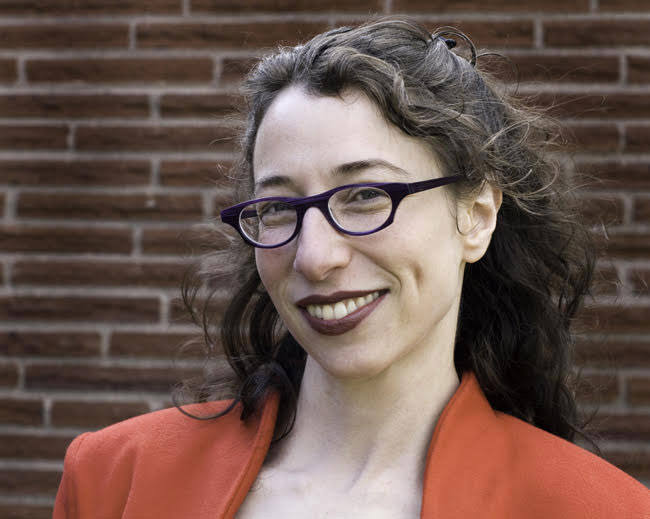
How To “Do History”: A Four-Session Workshop For Aspiring Historians to Explore How Historians Learn About America’s Past
When high school students study history, the focus is usually on learning what happened in the past. But when historians study history, the focus is on how we know what happened. What does it require to think like — and study history like — historians do? How can we discover evidence of people’s daily experiences decades or centuries ago? How can we accurately understand that evidence?
In this four-session workshop, a small group of participants (enrollment is limited to 25 students) will work directly with author and historian Dr. Lois Leveen to approach history not just as students but as historians. We will focus in particular on centering the experiences of women of color, as we learn how to find and interpret primary sources to expand our understanding of American history. We’ll explore how historians develop a deep understanding of what people in the past said and did, and also of what they thought, and what strategies they used to make America a better, fairer, most just nation for all.
We are seeking a diverse class of high school students who are intellectually curious, ready to undertake short independent projects, and enthusiastic about considering a career as a historian. Although committed sophomores may apply, rising seniors and juniors will be given priority in registration.
Four-session workshop:
Wednesday, July 7, 3-5PM
Friday, July 9, 3-5PM
Monday, July 12, 3-5PM
Wednesday, July 14, 3-5PM
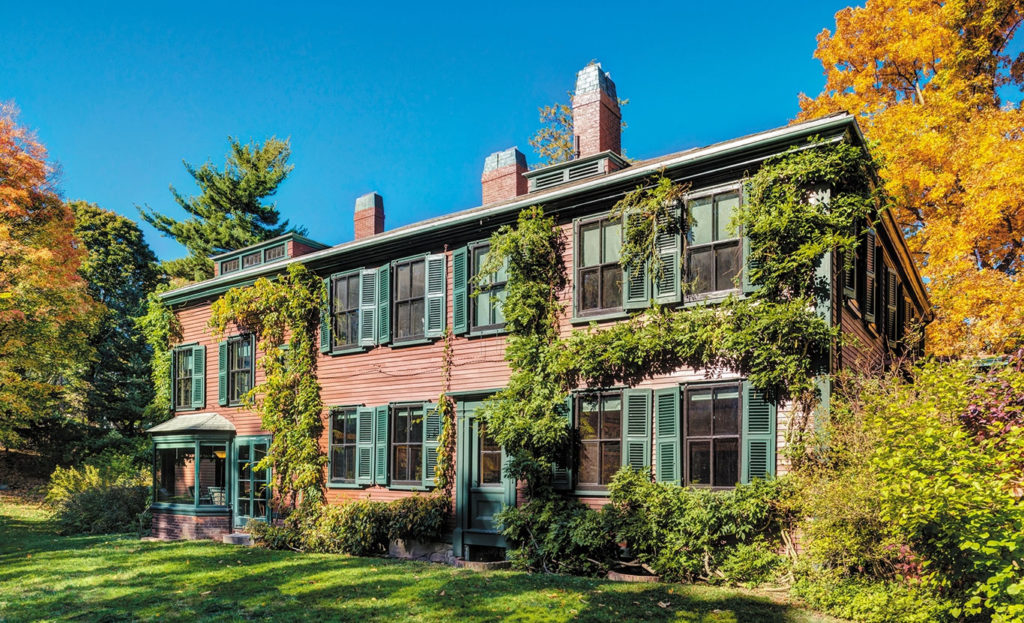
Frederick Law Olmsted National Historic Site’s Parks for the People: How and Why Public Parks are One of America’s Greatest Ideas!
Now more than ever, the contribution of public parks and lands to the physical, mental, and civic well-being of communities is at the forefront of our daily experiences. This one day workshop will introduce students to the idea of public parks and the conservation movement in the United States while they delve into the debates Americans have had ever since about how parks can and should serve the people.
In this program you’ll join park rangers from Frederick Law Olmsted National Historic Site to:
- Explore how and why America’s first public parks were built
- Uncover the role of the National Park Service in the conservation movement
- Learn about how Americans used parks to advance shared use, shared health, and shared power
- Draw your own connections to the Olmsted legacy and further the conversation about what places and stories are still waiting to be conserved and shared
Thursday, July 8, 3-5 PM EDT
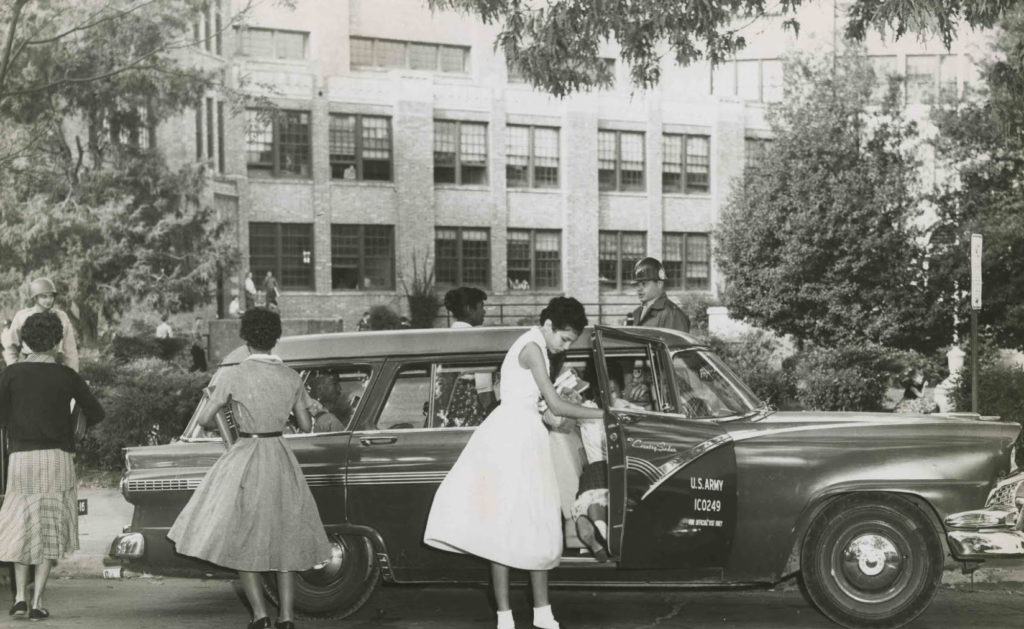
Little Rock Central High School Workshop Series: A Look at Eisenhower’s speech to the nation on Central High Integration
In September 1957, Little Rock Central High School became a symbol for change during the civil rights movement in the face of massive southern defiance following the Supreme Court’s Brown v. Board of Education decision. In this workshop, National Park rangers at Little Rock Central High School National Historic Site will work with students to examine the story that captivated a nation, captured the courage and determination displayed by nine African American teenagers and served as a catalyst for those seeking equality—and education—around the world.
Monday, July 12, 3-5 PM EDT
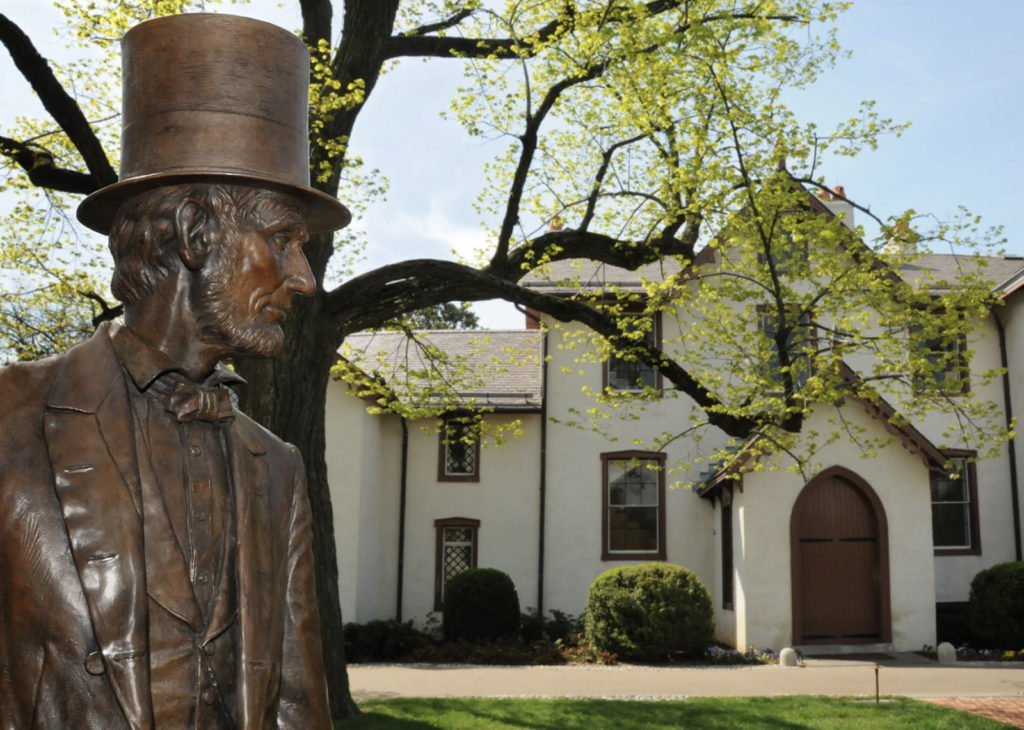
Lincoln’s Cottage: Lincoln’s Toughest Decisions
Abraham Lincoln’s presidency was marked by the development of big ideas and nation-changing actions. A key element of Lincoln’s collaborative process was to consult the ideas of those around him while leading the country through turmoil toward a new birth of freedom. Lincoln’s approach provides a model for students to develop their own decision-making skills as they strive to understand the value of conflicting ideas, building support to achieve positive change in modern society, and their own responsibility and power within their communities. Lincoln’s Cottage, where the 16th President drafted the Emancipation Proclamation in 1862, will lead this award-winning program exposing students to the different perspectives of President Lincoln’s adversaries, allies, and friends. During the workshop, students will work in small groups to explore historical documents and recreate the heated discussions that President Lincoln had over emancipation.
Tuesday, July 13, 3-5 PM EDT
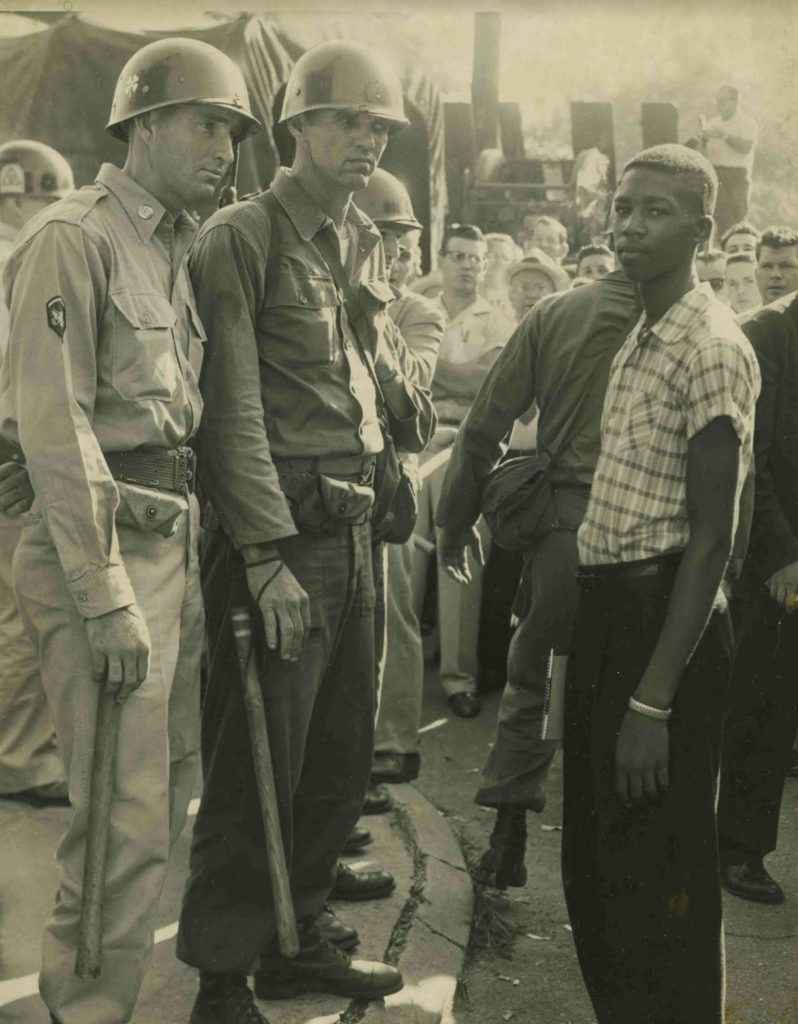
Little Rock Central High School Workshop Series: Political cartoons from the crisis in Little Rock
In September 1957, Little Rock Central High School became a symbol for change during the civil rights movement in the face of massive southern defiance following the Supreme Court’s Brown v. Board of Education decision. In this workshop, National Park rangers at Little Rock Central High School National Historic Site will work with students to examine the story that captivated a nation, captured the courage and determination displayed by nine African American teenagers and served as a catalyst for those seeking equality—and education—around the world.
Tuesday, July 20, 3-5 pm EDT
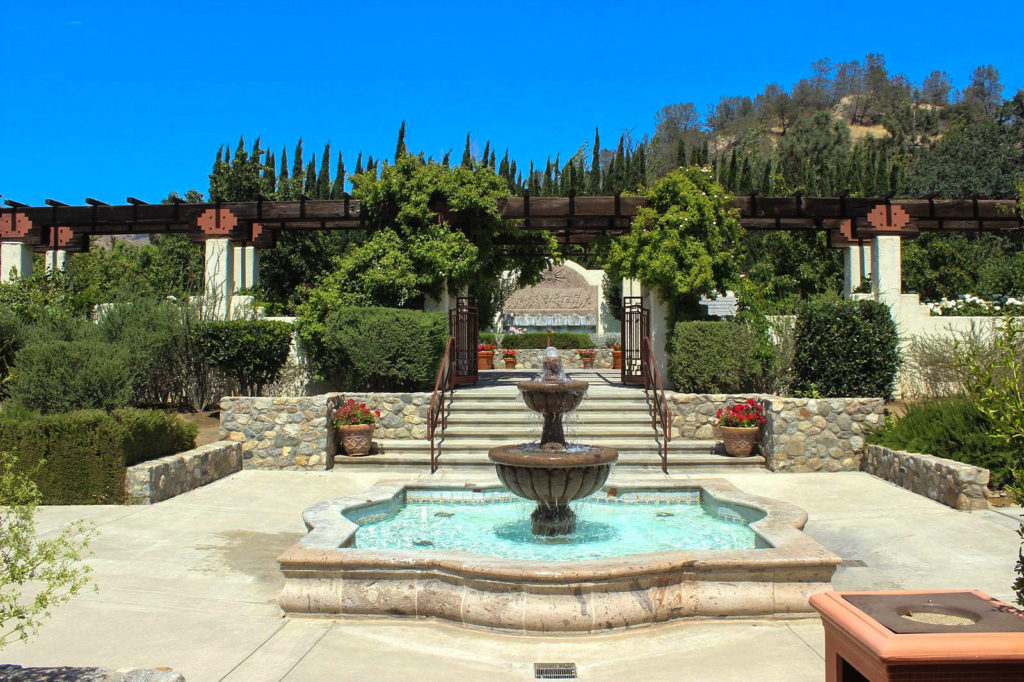
César E. Chávez National Monument: Exploring the impact of César E. Chávez
How did César Chávez create lasting change in the workplace? What farm working conditions inspired his life of service? Students will explore the answers to these questions and more during this one-day workshop that provides a glimpse into the lives of 20th-century farm workers. The session will conclude with a lively town hall debate. Students will take on the roles of various townspeople and advocate for different perspectives based upon the character descriptions and their own reasoning.
Thursday, July 22, 3-5 PM EDT
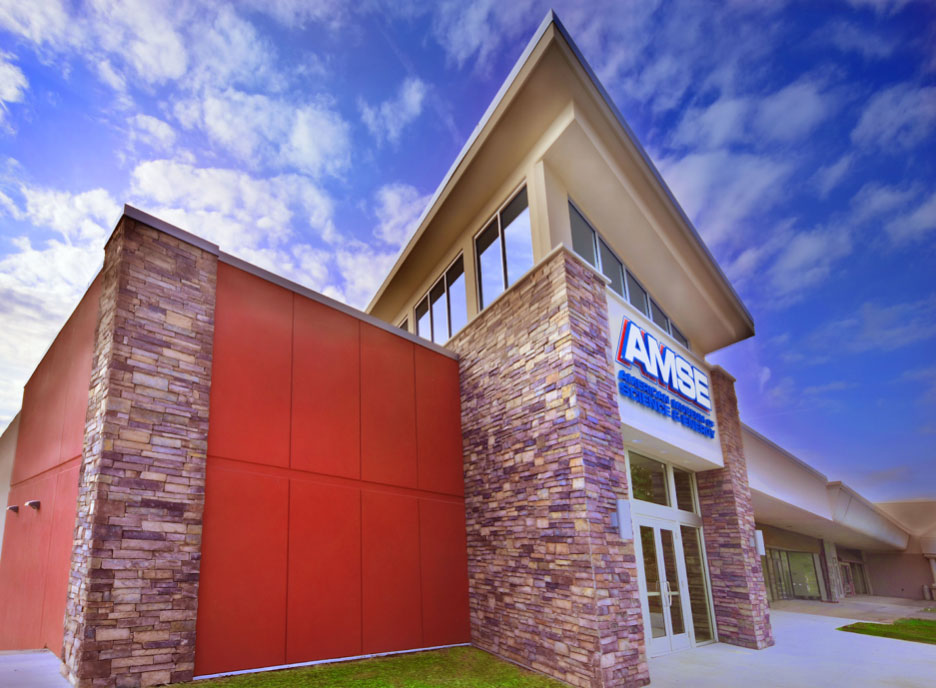
American Museum of Science and Energy: The History and Science of the Manhattan Project
Join the American Museum of Science and Energy for this one day workshop that will cover one of the most revolutionary undertakings in human history, the Manhattan Project. Sections of the workshop will cover the basics of the atom (the understanding of which made the Bomb possible), the amazing science and engineering of the Bomb, the fascinating history of the Manhattan Project and those who made it successful, and the Project’s enduring legacy today. Students in this workshop will also be joined by representatives from the Oak Ridge National Laboratory and the Y-12 National Security Complex to gain further insight into the science of the Bomb.
Monday, July 26, 3-5 PM EDT
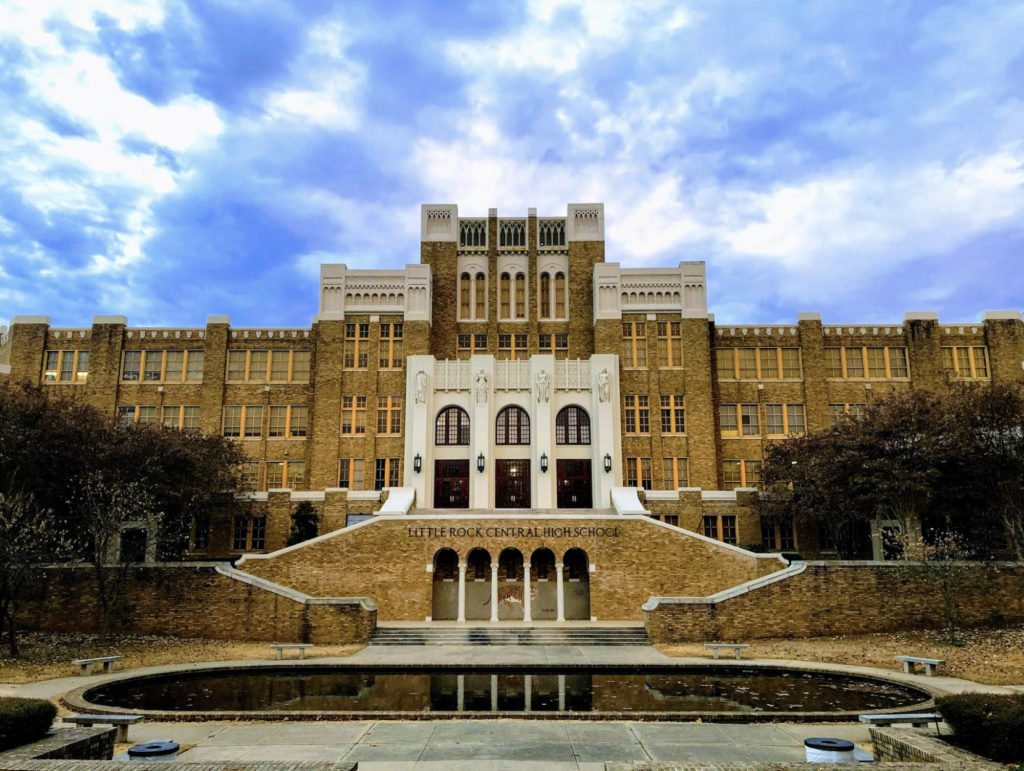
Little Rock Central High School Workshop Series: The backdrop of central High integration amidst the Asian Flu pandemic in 1957
In September 1957, Little Rock Central High School became a symbol for change during the civil rights movement in the face of massive southern defiance following the Supreme Court’s Brown v. Board of Education decision. In this workshop, National Park rangers at Little Rock Central High School National Historic Site will work with students to examine the story that captivated a nation, captured the courage and determination displayed by nine African American teenagers and served as a catalyst for those seeking equality—and education—around the world.
Tuesday, July 27, 3-5 pm EDT
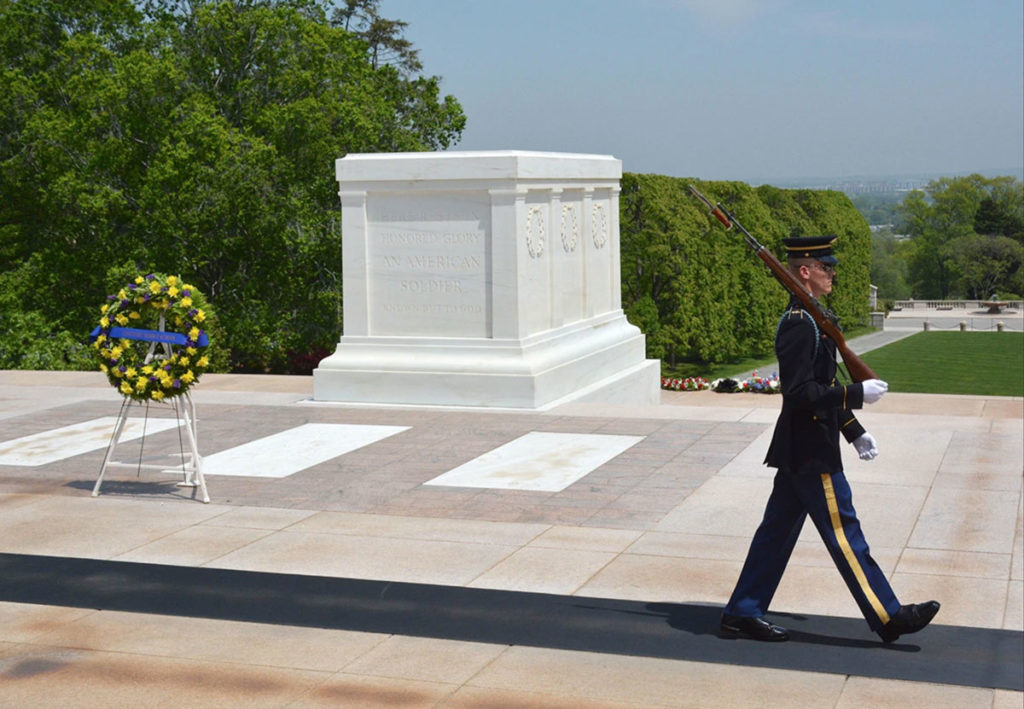
Medal of Honor Museum: Tomb of the Unknown Soldier
This year’s Veterans Day theme is the centennial commemoration of the Tomb of the Unknown Soldier. Join the Medal of Honor Museum on this two-day workshop which will highlight the history of the unknown soldier and explore the significance of memorialization. The program will include a viewing of the ritual and a Q&A session with former sentinel and relief commander at Arlington’s Tomb of the Unknown Soldier and past President of the Society of the Honor Guard, Tom Tudor.
Two-session workshop:
Tuesday, July 27, 3-5Pm EDT
Thursday, July 29, 3-5PM EDT
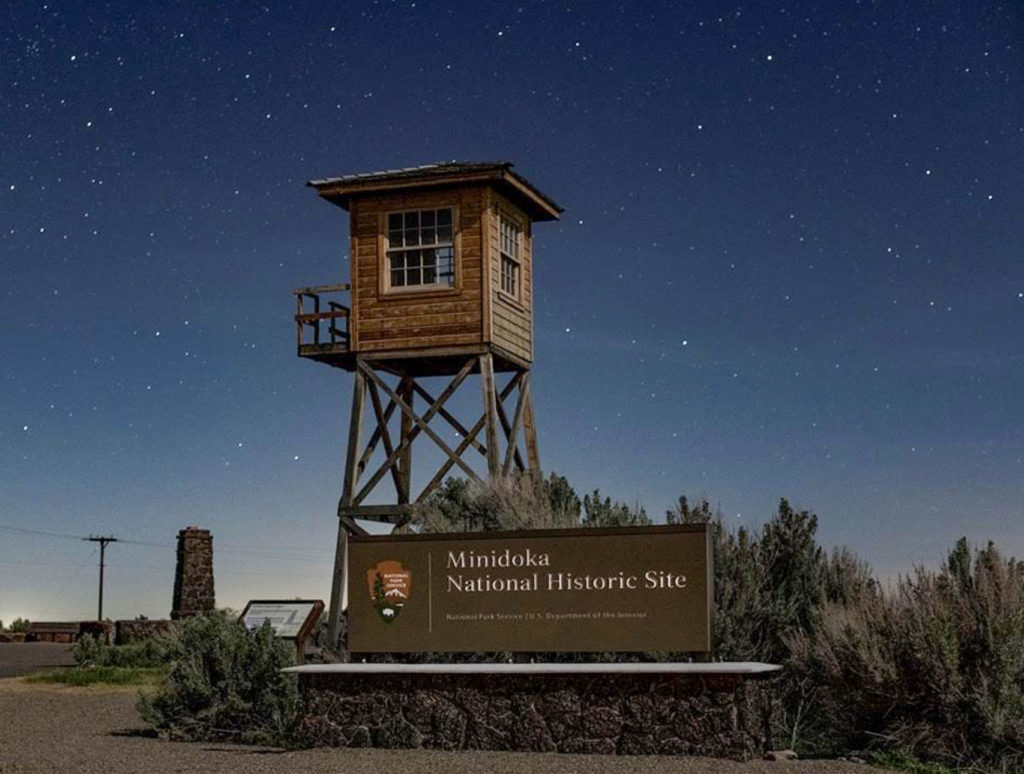
Minidoka: The Untold History of Japanese American Incarceration during WWII
During World War II, more than 120,000 Japanese Americans, two-thirds of them American citizens, were by Executive Order forcibly removed from their homes and placed in confinement sites without due process of law. Anti-Asian racism combined with tensions from the attack on Pearl Harbor caused the loyalty of Japanese Americans to be put into question. The government claimed that the incarceration was a military necessity, but a Congressional investigation over 30 years later found that it was motivated by “race prejudice, war hysteria, and a failure of political leadership.” Minidoka, in Idaho, is one of the ten American concentration camps where Japanese Americans from the West Coast were incarcerated. In this workshop students will join Ranger Kurt Ikeda of Minidoka National Historic Site in Jerome, ID to unpack this untold history.
Wednesday, July 28, 3-4:30 PM EDT
Middle School Workshops
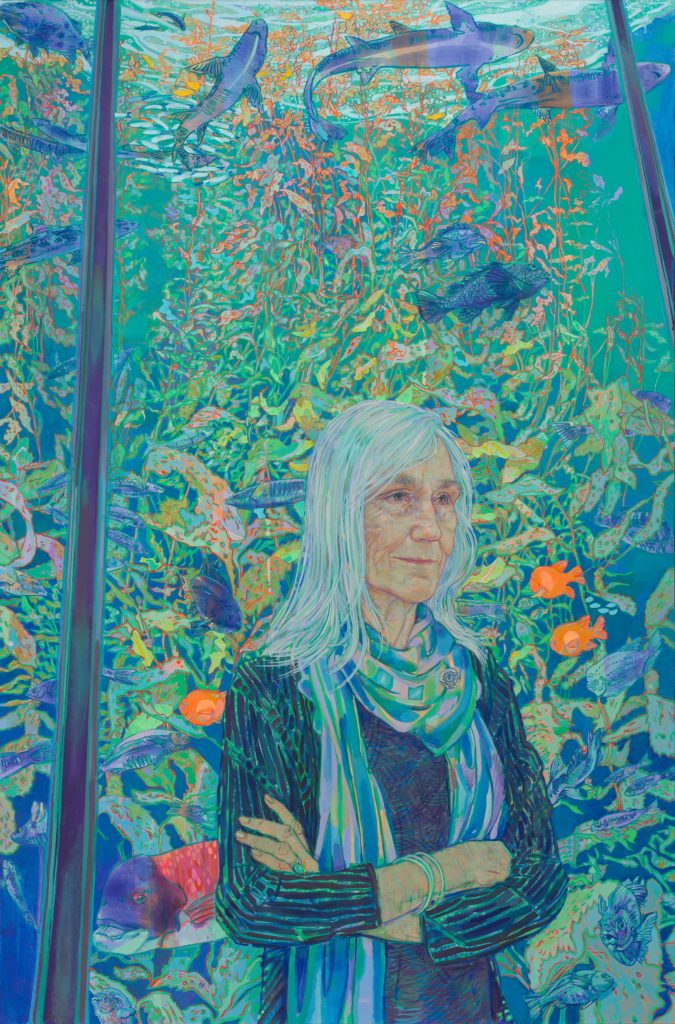
Innovators and Activists Through Portraiture
Explore the lives of activists and voices of social justice through the lens of portraiture!
We will study portraits including Sojourner Truth, Alice Paul, Dolores Huerta, George Washington Carver, William Ayers Campbell, Craig Rodwell, and Larry Kramer, to name just a few!
This workshop for rising 6th, 7th and 8th-grade students is led by the National Portrait Gallery, and participants will learn the elements of portrayal (how to read a portrait) and about the interesting and compelling lives and stories of activists.
Tuesday, July 27, 4-5 PM EDT
Thursday, July 29, 4-5 PM EDT